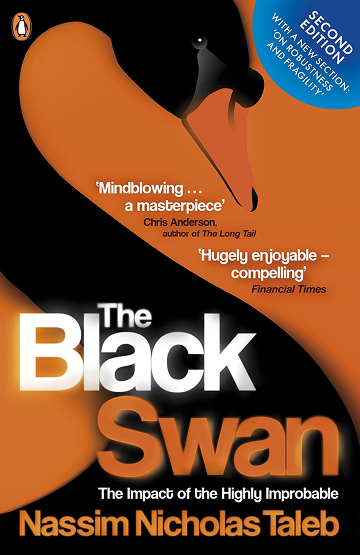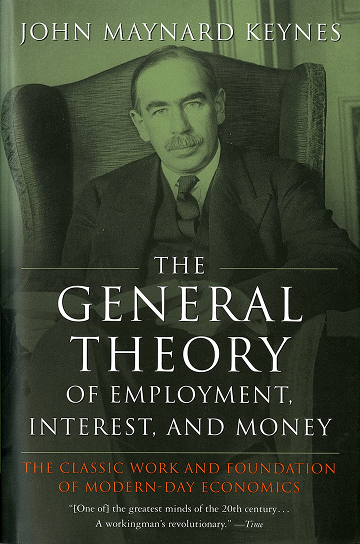Ludwig Merckle Net Worth, Biography and Key Insights



Ludwig Merckle’s Profile Summary
|
Company
|
Heidelberg Materials AG |
|---|---|
|
Position
|
Chairman of the Supervisory Board |
|
Source of wealth
|
Industrial holdings and investments |
|
Also known as
|
Ludwig Kurt Merckle |
|
Age
|
60 |
|
Education
|
|
|
Citizenship
|
Germany |
|
Residence
|
Ulm, Germany |
|
Family
|
Married |
|
Website, Social Media
|
Ludwig Merckle’s biography
Ludwig Merckle, born on June 8, 1965, in Ulm, Germany, is a German billionaire industrialist and the heir to the Merckle Group, a diversified family-owned conglomerate with interests in pharmaceuticals, construction materials, and investments. He is the son of Adolf Merckle, who was one of Germany’s most prominent industrialists. Ludwig studied Business Information Technology at the University of Mannheim and later joined Roland Berger as a strategic consultant in the early 1990s. This experience prepared him for his future leadership role within the family business.In 1997, Ludwig joined the Merckle Group, initially leading the Merckle/Ratiopharm division. He later became the Managing Director of the holding company, overseeing various business segments, including pharmaceutical wholesaler Phoenix Pharma SE and cement producer Heidelberg Materials AG (formerly HeidelbergCement). Following his father’s tragic passing in 2009, Ludwig took over the family conglomerate during a challenging financial period.
Faced with a massive debt burden during the 2008 financial crisis, Ludwig implemented a comprehensive restructuring plan to save the Merckle Group. He successfully negotiated a $1.4 billion refinancing package with approximately 40 banks, ensuring the group's financial stability. Under his leadership, the group sold off non-core assets, including a significant portion of its stake in Heidelberg Materials, retaining a 27% ownership. Ludwig’s strategic leadership helped stabilize the Merckle Group and preserved the family’s legacy as one of Germany’s leading industrial dynasties.
-
How did Ludwig Merckle make money?
Ludwig Merckle inherited his wealth through the family-owned Merckle Group, a conglomerate with major holdings in pharmaceuticals, construction materials, and investments. His business journey began in the early 1990s after studying Business Information Technology at the University of Mannheim. He initially worked at Roland Berger as a strategic consultant before joining the family business in 1997.
Merckle played a key role in managing the Merckle/Ratiopharm division before becoming the Managing Director of the holding company. The group’s portfolio included stakes in Heidelberg Materials AG, a global leader in cement production, and Phoenix Pharma SE, one of Europe’s largest pharmaceutical wholesalers.
Following his father Adolf Merckle’s death in 2009, Ludwig faced the difficult task of navigating the family empire through a severe financial crisis. The Merckle Group was burdened with massive debt due to leveraged investments made before the 2008 financial crisis. Ludwig took decisive action, negotiating a $1.4 billion refinancing package with a consortium of banks. He restructured the company by selling off non-core assets, including half of the group’s stake in Heidelberg Materials.
Today, Ludwig retains a 27% stake in Heidelberg Materials and continues to oversee Phoenix Pharma SE. His wealth is primarily tied to these holdings. Despite financial challenges, Ludwig’s strategic decisions preserved the family legacy, making him one of Germany’s wealthiest individuals, with an estimated net worth of $10.5 billion as of January 2025. -
What is Ludwig Merckle net worth?
As of 2025, Ludwig Merckle’s net worth is estimated to be $15.1 B.
What is Ludwig Merckle also known as?
Ludwig Kurt Merckle is recognized as a prominent German industrialist and the son of the late Adolf Merckle. He is known for his leadership of the Merckle Group and his role in steering the family conglomerate through financial challenges following his father's passing.Prominent achievements of Ludwig Merckle
Ludwig Merckle successfully restructured the Merckle Group during a period of financial instability, securing a $1.4 billion refinancing package with about 40 banks. Under his leadership, the group maintains significant stakes in major companies, including a 27% ownership in Heidelberg Materials AG, contributing to his net worth of $10.5 billion as of January 2025.What are Ludwig Merckle’s key insights?
Ludwig Merckle emphasizes strategic restructuring and prudent financial management to ensure the sustainability and growth of diversified industrial holdings. He is known for his resilience in navigating financial crises and his commitment to preserving the family legacy through effective leadership.
Ludwig Merckle’s personal life
Ludwig Merckle is married and resides in Ulm, Germany. He is the son of the late industrialist Adolf Merckle, from whom he inherited the family conglomerate. Details about his immediate family are kept private, reflecting his preference for maintaining a low public profile.
Useful insights
Understanding market forces
In my experience, to truly succeed as an investor, it’s essential to understand the driving forces behind market behavior. Market movements aren’t random—they’re influenced by a range of economic theories and dynamics. The following books provide valuable insights into these forces, offering a deeper understanding of how global financial markets operate and what shapes their trends.
-
Nassim Nicholas Taleb – "The Black Swan"

-
Summary:
Taleb explores the concept of rare, unpredictable events—so-called "Black Swans"—that can have massive impacts on markets and society. These events are often overlooked by traditional risk management models, leading to devastating consequences when they occur. Taleb illustrates how these unpredictable shocks shape our world, often more than gradual, expected changes.
-
Why read it:
This book challenges conventional thinking about risk and uncertainty, showing that many major historical and financial events were "Black Swans." It's a vital read for investors who want to build resilience in the face of market volatility.
-
-
John Maynard Keynes – "The General Theory of Employment, Interest, and Money"

-
Summary:
Keynes revolutionized economics by focusing on total demand within an economy and its effect on output and inflation. His theory suggested that government intervention could stabilize economic cycles through fiscal and monetary policy. The book also explains the consequences of under-consumption and the role of interest rates in managing economic stability.
-
Why read it:
For investors interested in macroeconomic trends and policy impacts, Keynes’ work is essential. Understanding the Keynesian framework can help investors predict how government actions might influence market performance.
-
Other profiles in category
Popular Financial Guides
Latest Financial News

South Africa unveils digital visas to attract film and events

South Africa invests R710 million to expand free Internet access































































































































